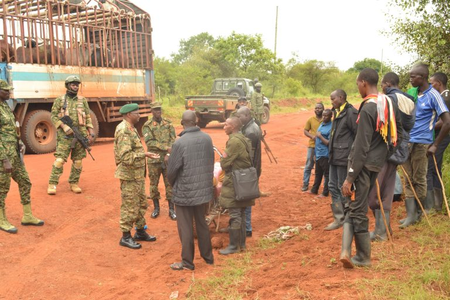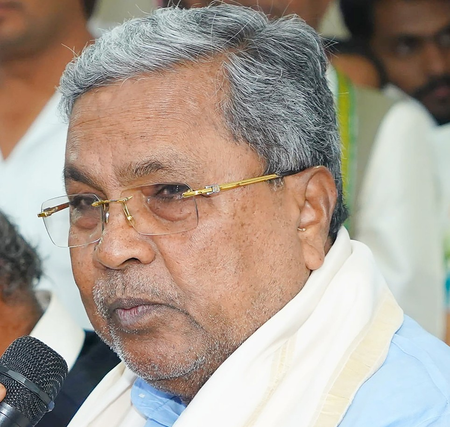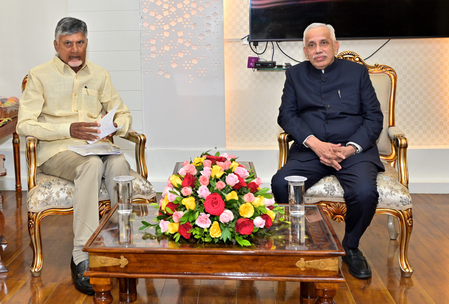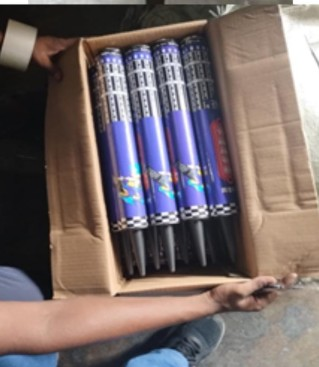

Kampala, July 11 (IANS) The Uganda Peoples’ Defence Forces (UPDF) announced on Friday that they had seized a major military base belonging to a senior commander of the Allied Democratic Forces (ADF) rebels in the eastern jungles of the Democratic Republic of the Congo (DRC).
Chris Magezi, military assistant to Chief of Defence Forces Muhoozi Kainerugaba, said on his official X account that the base was taken following air and artillery strikes, Xinhua news agency reported.
“UPDF forces under Operation Shujaa in the eastern DRC have captured Allied Democratic Forces leader Musa Baluku’s base camp in Apakwang, Ituri Province,” Magezi said.
“After air and artillery strikes last Sunday morning, UPDF troops advanced and captured a huge camp that used to accommodate 1,000 to 1,500 terrorists and their families. This was achieved on Thursday,” he added.
The Ugandan military, together with its Congolese counterparts, launched joint operations against the ADF in November 2021, shortly after the rebel group carried out bomb attacks in Kampala, the Ugandan capital.
The ADF, an affiliate of the Islamic State in Central Africa, is a Ugandan rebel group entrenched in the jungles of the eastern DRC. It has been blamed for widespread attacks on villages in the region.
The ADF was formed as a merger of several rebel factions, including the Allied Democratic Movement, the National Army for the Liberation of Uganda (NALU), and militant members of the Tablighi Jamaat movement.
The main figure of the group was Jamil Mukulu, a former Catholic who converted to Islam. The members were largely from central Uganda, in particular Iganga, Masaka, and Kampala, and portrayed themselves as religious crusaders.
Beyond this vaguely stated religious ideology and statements that the government discriminates against Tablighis, the ADF has given few coherent rationales for their insurgency.
The ADF chose western Uganda apparently for three reasons: terrain that is ideal for a rural insurgency, proximity to the DRC, where the rebels could set up bases and recruit fighters, and the presence of some Ugandan ethnic groups unfriendly to the government that could offer assistance.
It received support from the government of Sudan, which was engaged in disputes with the government of Uganda.
–IANS
int/dan







